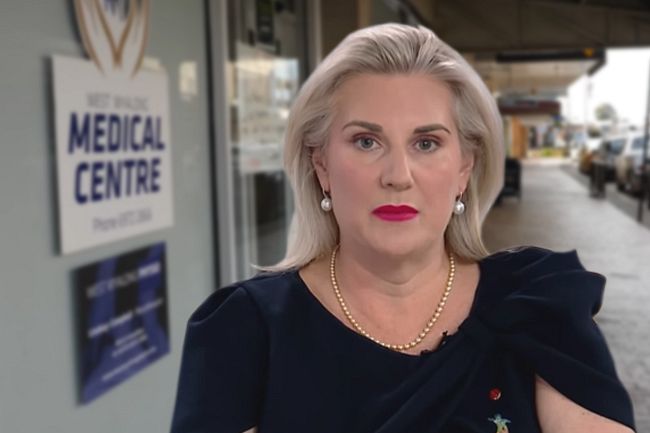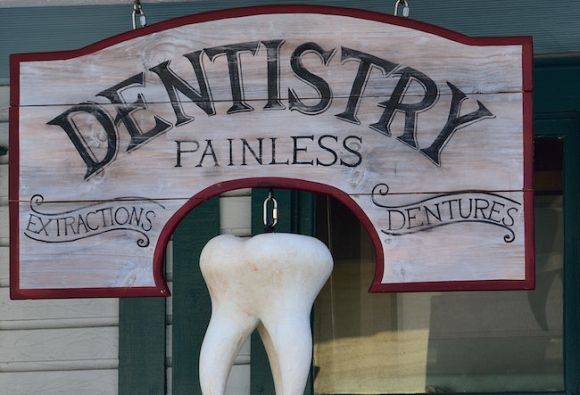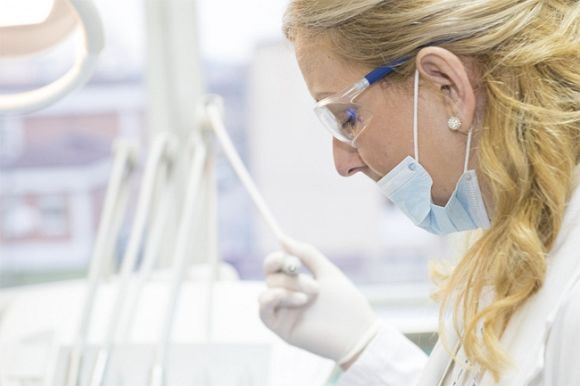A Senator's suggestion of removing rural GPs is a slap in the face to all those who rely on such vital services in remote areas, writes Professor Kerryn Phelps.
IMAGINE LIVING in a country town with no GPs.
No doctor to immunise your children or to manage their childhood illnesses, arrange a screening for breast or bowel cancer, remove skin cancers, manage your diabetes or heart disease, be there for you and your family in the tough times, getting to know you across the course of your life. No doctor on hand to manage an accident or emergency or a premature labour when the nearest hospital is a couple of hours’ drive away.
Last week, Senator Hollie Hughes raised the idea of scrapping GPs in the bush at a Community Affairs hearing in Emerald in Queensland.
You can imagine the response. Outrage.
Dr Karen Price, president of the Royal Australian College of General Practitioners (RACGP) and all of the college were, to quote them, “flabbergasted”.
I have worked in general practice for around four decades.
For several years, I represented my profession as president of the Australian Medical Association. I had the opportunity to visit doctors working in locations all around Australia from Tasmania to the Tiwi Islands, from Perth to Beagle Bay, from Melbourne to far north Queensland, Adelaide to Katherine and Darwin.
I was always struck by the commitment that rural and remote GPs have to their communities and the respect and appreciation those communities have for their GPs.
The idea that GPs in the bush could be “scrapped” and those services somehow provided by local hospitals is absurd. For a start, not all towns have a hospital and where they do, it is usually the GPs who provide services like emergency medicine, anaesthetics and obstetrics alongside their work in their clinics.
GPs are accustomed to being undervalued — not by patients, but by the system.
Back in 2001, I had an altercation with then Health Minister Dr Michael Wooldridge over his claim that I had no specialist qualification other than in media. In my position as AMA president, I was able to make the point that Fellowship of the RACGP is indeed a specialist qualification in general practice.
The argument was eventually settled with an apology from the Minister, mediated by then Prime Minister John Howard. My point was made.
In recent years, there has been a campaign known as #justaGP aimed at educating the public about the important and complex role of GPs in our health system.
It was a clever play on conversations we so often hear when a doctor is asked, “Are you a specialist or just a GP?”
Rural general practice is a subspecialty of general practice. In my urban clinic, I can send patients for X-rays, MRI, CT scans, blood tests. If urgent, I can usually pick up the phone and get an appointment for the patient within hours or days. I can take the blood myself and a courier swings by twice a day to collect the sample. I am surrounded by trusted colleagues and we have an after-hours service that takes calls out of hours and reports to us the next day.
Rural general practice is worlds away. There may only be one GP in town. When the GP takes a break, they may or may not be able to get a locum. The more remote a town is, the more professionally isolated the doctor is.
Routine investigations may be anything but routine or accessible.
The nearest hospital might be several hours’ drive or a flight in the air ambulance away.
Having a local GP can be, literally, the lifeblood of a country town.
Just a few weeks before the Emerald hearing, Senator Hughes told a senate hearing that GPs pleading for assistance after battling burnout during the COVID-19 pandemic were being “completely self-serving”.
Dr Price wrote in newsGP:
We have put ourselves on the line by continuing to show up to work and treat patients face-to-face, despite the personal risk and the potential impact on our loved ones.
We have done this with full knowledge that in many cases the PPE we have at our disposal, which we have paid for out of our own pockets, is of a lesser standard than even the hospital administration staff down the road enjoy free of charge.
Not only that, we have volunteered to provide help in disaster zones, staring down fire, battling through floods and helping those in need, both in the moment and also after the cameras and emergency crews have left.
Government does have a role in supporting general practice. Yes, general practices are small businesses with all of the responsibilities of other small businesses like employment regulations, OH&S, insurances, rents, I.T. systems.
Where general practice differs from other small businesses is that the Government, through Medicare, subsidises the cost of consultations through the patient’s Medicare rebate. Where doctors bulk bill, they accept the patient’s rebate as their fee.
It is currently sitting at about half of the AMA recommended fee and has fallen further and further behind CPI indices for years. GPs have continued to take on all of this extra responsibility while absorbing higher costs without increasing fees. About as not-self-serving as it gets.
Returning to Senator Hughes’ question about scrapping GPs in the bush.
I asked Senator Hughes about her comments and I was told:
“Senate inquiries are about finding solutions, making recommendations and sometimes that means posing questions so people don’t just focus on what’s not working but workshop how and what we can improve. I fully comprehend the importance of rural medicine.”
Senator Hughes shared some personal experiences of rural general practice, too:
“When I broke my back 80 kilometres west of Moree, it was a rural GP at the hospital who I saw on rotation from his private practice. Two of my children were delivered at a regional hospital. I understand better than most the important role rural and regional GPs play, considering I have spent around a third of my life living in regional areas of NSW.”
When people casually use the phrase “just a GP” it is almost never an intentional insult.
Asking a question in a formal Senate hearing about scrapping GPs in the bush is in the same vein. Casually raising the suggestion that GPs in rural areas are dispensible created unnecessary anxiety and a sense of being underappreciated.
Rural general practice is essential to the health of rural and remote communities and they are under stress.
If Senator Hughes meant to provoke a reaction and discussion, it certainly achieved that end. But scrapping rural general practice is not a secret government agenda and it’s not going to happen.
Government can instead listen to the suggestions of rural GPs about what governments can do to better support their essential, irreplaceable role.
Dr Price told Medical Republic:
“Senator Hughes should reflect on the fact that if general practice is not properly resourced and workforce issues not adequately addressed, the result for many communities, especially in outer metropolitan, regional, rural and remote areas, will be disastrous.”
Professor Kerryn Phelps AM is an IA columnist, the former Member for Wentworth, advisory board member and conjoint professor at NICM Health Research Institute, a Climate 200 advisory panel member, a member of OzSAGE and a former Sydney Deputy Lord Mayor. You can follow her on Twitter @drkerrynphelps.
 This work is licensed under a Creative Commons Attribution-NonCommercial-NoDerivs 3.0 Australia License
This work is licensed under a Creative Commons Attribution-NonCommercial-NoDerivs 3.0 Australia License
Support independent journalism Subscribe to IA.
















